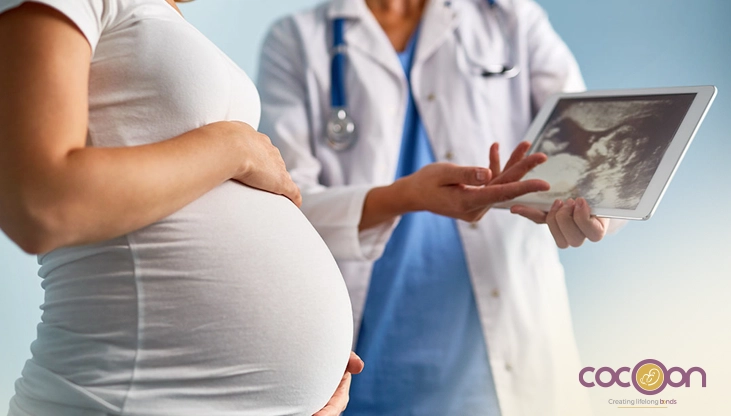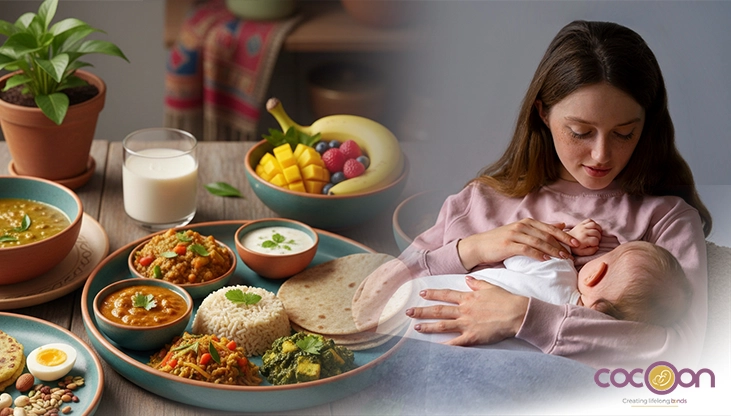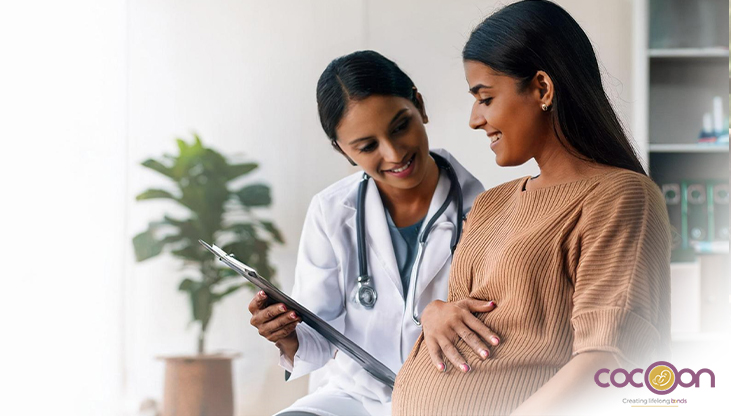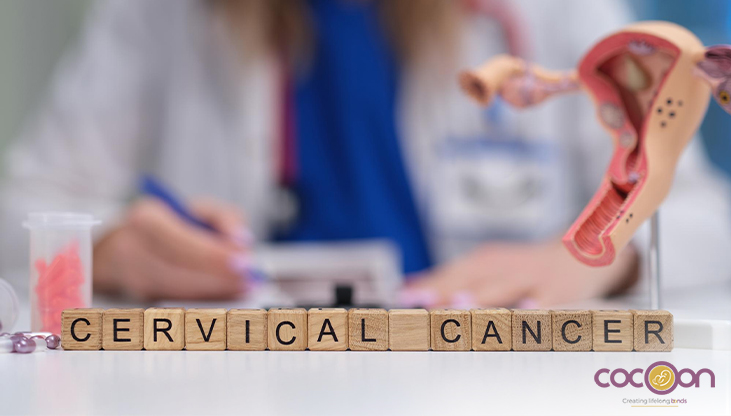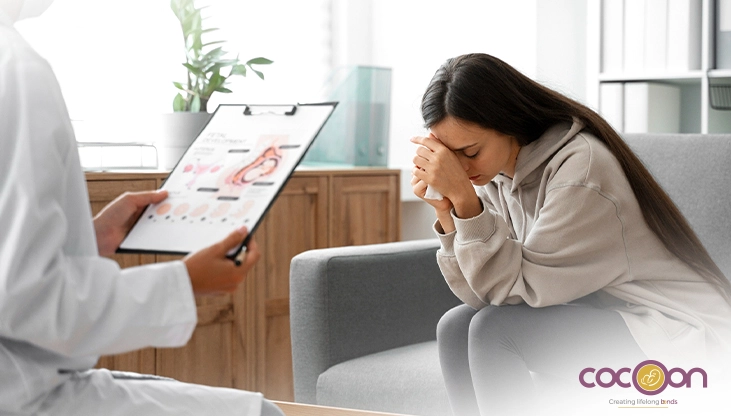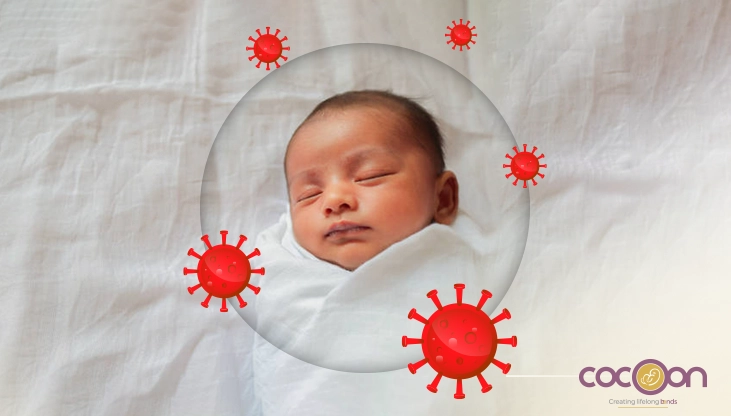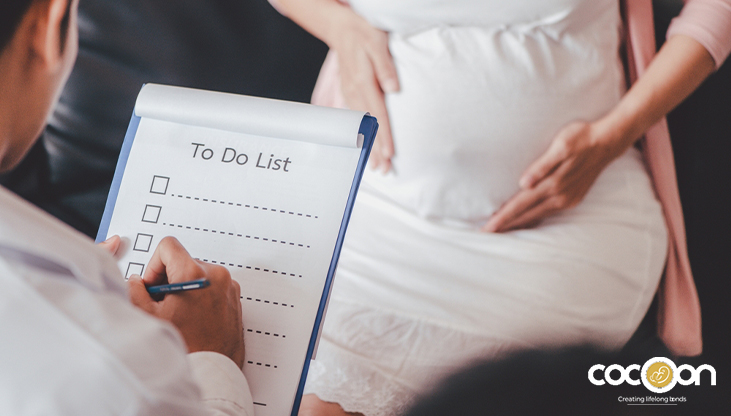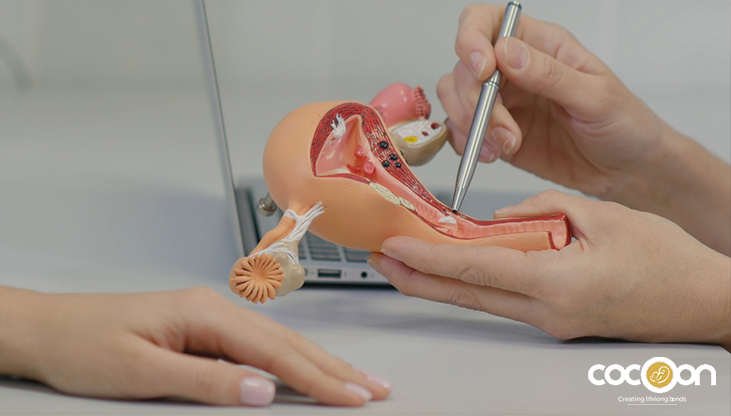Pregnancy comes with a rollercoaster of emotions. One moment, you feel over the moon, thinking of holding your little one. The next moment, you’re suddenly stressed or craving the weirdest combinations of sweet, sour, or salty food. Do not blame yourself; it is normal and happens because your body is loaded with pregnancy hormones, and everything feels intensified.
But along with all these emotions, it’s essential to be aware of high-risk pregnancy. This could happen due to certain health conditions or complications during pregnancy. It can make the journey a bit more challenging than usual. Watch out for signs of high-risk pregnancy like trouble breathing, vaginal bleeding, or abdominal pain. These are signals that you should not ignore.
But worry not; under a doctor’s care for a high-risk pregnancy, you can manage it well. All you need is to be aware of the risk and follow your doctor’s instructions.
What is a High Risk Pregnancy?
A high-risk pregnancy means there exists a higher chance of health issues for the mother, baby, or both during pregnancy or delivery. This could happen because of factors such as age (under 17 or over 35), ongoing health issues (like high sugar/glucose levels or high blood pressure), or pregnancy complications. High-risk pregnancies require closer monitoring and special care for the safety of the mother and the baby’s health throughout the journey.
How common is a high-risk pregnancy?
Approximately half of all pregnancies in India are high-risk, with 33% with a single high-risk factor and 16.4% with multiple risks. But you don’t have to worry; majorly high-risk pregnancies result in healthy babies. Regular prenatal care and close monitoring are key to minimizing risks and making it a safe pregnancy journey for both mother and child.
What are the Types of High Risk Pregnancy?
There are many types of high-risk pregnancy; some of them are:
- Premature labor
- Preeclampsia
- Gestational diabetes
- Placenta previa (placenta attaches to the lower part of the womb)
- Multiple pregnancies
- Late pregnancy
What are the signs of a high-risk pregnancy?
During pregnancy, you need to take close note of all the signs and symptoms that you are experiencing and inform your doctor if you notice anything unusual.
Some high-risk pregnancy symptoms may include:
- Constant abdominal pain
- Chest pain
- Dizziness
- Fainting
- Terrible fatigue
- Severe persistent headache
- Swelling, redness, or pain in your face
- Swelling, redness, or pain in your limbs
- Self-harming thoughts
- Difficulty breathing
- Vaginal bleeding
- Increased discharge
- No fetal movement
- Slow fetal movement
- Heart palpitations
- Nausea and vomiting that’s worse than typical morning sickness
What qualifies a pregnancy as high risk?
Based on the symptoms you share with your doctor and after running a few tests, your doctor may or may not classify your pregnancy as high risk.
The following scenarios qualify a pregnancy as high risk:
- Preexisting health conditions such as diabetes, high blood pressure, or heart disease.
- Female age under 17 or more than 35 years.
- Multiple pregnancies, such as twins or triplets.
- Complications during pregnancy include severe anemia, preeclampsia, or placental issues.
- Past cases of pregnancy problems like miscarriage, stillbirth, or preterm labor.
A high-risk pregnancy means extra care and monitoring are required to safeguard your and your baby’s health. This classification helps the doctors to provide the mother and fetus the best care plan for a healthy pregnancy and delivery.
What are the risk factors for high-risk pregnancy?
The following factors increase the risk of a high-risk pregnancy:
- Diabetes
It can affect the normal growth and development of the baby and increase early birth risks.
- High blood pressure
It raises the chances of dangerous conditions like preeclampsia (high blood pressure and signs of liver or kidney damage after the 20th week).
- Carrying twins or more
Multiple pregnancy raises the chances of early labor and abnormal fetal growth.
- Smoking or alcohol
These bad habits can harm baby development and increase the miscarriage risk.
- Being overweight
Being overweight increases the chances of diabetes, leading to delivery problems.
- A history of pregnancy problems
The past pregnancy complications, like preterm birth, may happen again.
- Medical conditions
Ongoing health problems like heart or thyroid disease affect the mom's and baby's health.
- Age
People aged over 35 or under 17 can increase the risk of pregnancy complications like high blood pressure and genetic issues.
Advanced Maternal Care for High-Risk Pregnancy
High-risk pregnancy can majorly lead to a healthy baby if followed by the right advanced care.
Here are the key care options to manage high-risk pregnancy effectively:
- Frequent prenatal checkups help monitor the mother's and fetus's vitals.
- Advanced diagnostic tests, such as ultrasounds and blood tests, detect pregnancy complications early.
- If an issue is detected, customized care plans are provided based on individual health and pregnancy risks.
- Medications are prescribed to keep existing conditions like high blood pressure or diabetes in check.
- Surgical interventions, like cervical cerclage, could be suggested to prevent premature labor.
Conclusion
Just because your pregnancy is high risk doesn’t mean you or your baby will face long-term health complications. Make your mind clear; it just means your pregnancy needs extra care. Most women can continue their normal lives under medical guidance. Talk to your doctor to understand your risks and get tailored advice. Talk about work and lifestyle options to keep both you and your baby safe and healthy during your pregnancy.
FAQs
How can I prevent a high-risk pregnancy?
You can prevent chances of high-risk pregnancies by:
- Managing your existing health conditions
- Avoiding smoking, alcohol, and drugs
- Maintaining a healthy body weight
- Practicing safe intimate moments
- Maintaining a healthy lifestyle before and during pregnancy
- Regular doctor visits help detect any issues early
How do you know if you are in a high risk pregnancy?
Based on your health history, age, and special tests, your doctor will identify high-risk pregnancy. If yes, then special care and monitoring will be provided to the mother and baby.
Is there a chance of high-risk pregnancy in the first trimester?
Yes, some risks, such as miscarriage, ectopic pregnancy, and infections, can appear in the first trimester of pregnancy, so early prenatal and maternal care is important to manage these.

